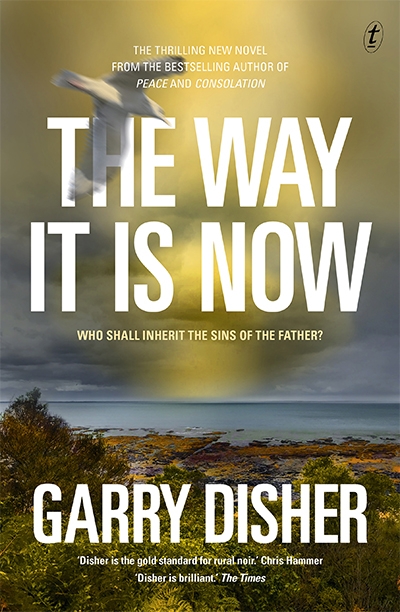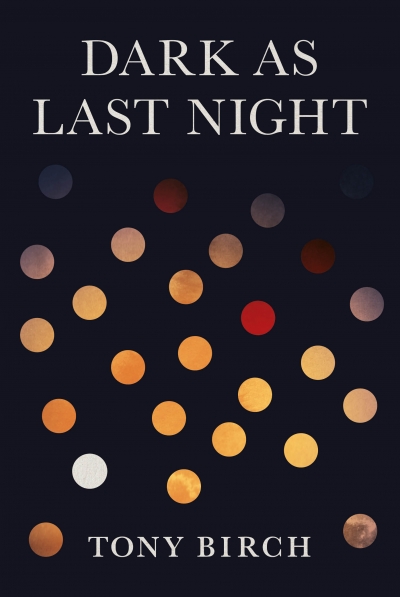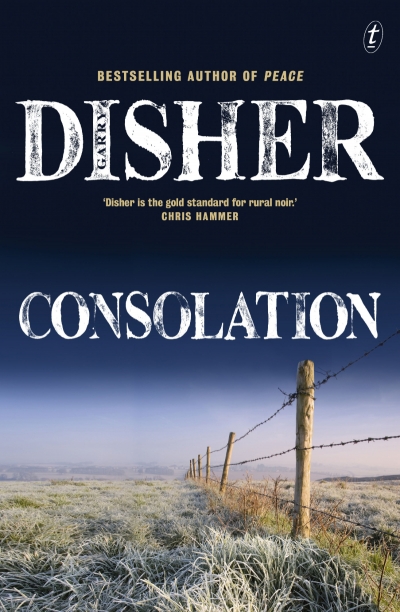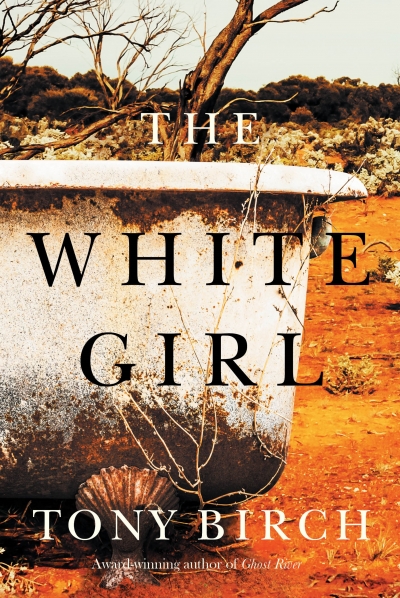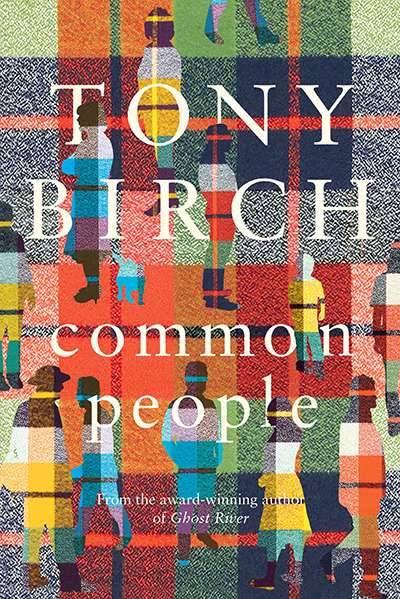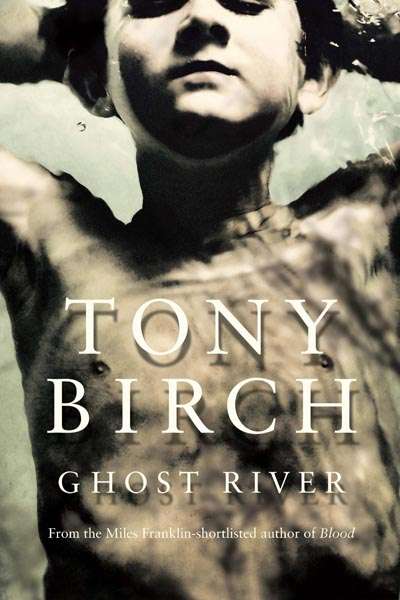Tony Birch
To complement our 2017 ‘Books of the Year’, we invited several senior publishers to nominate their favourite books – all published by other companies.
... (read more)Lucas Smith reviews 'She Woke & Rose' by Autumn Royal, 'Lake' by Claire Nashar, 'Common Sexual Fantasies, Ruined' by Rachel Briggs, 'Spelter to Pewter' by Javant Biarujia, 'Koel' by Jen Crawford, and 'Broken Teeth' by Tony Birch
A new poetry press in Australia should always be greeted with joy, and then interrogated with rigour. These six volumes from the recently created book arm of Cordite Poetry ...
... (read more)Jennifer Maiden's The Fox Petition: New Poems (Giramondo) conjures foxes 'whose eyes were ghosts with pity' and foxes of language that transform the world's headlines
... (read more)Tony Birch on 'The Chant of Jimmie Blacksmith' by Thomas Keneally for Reading Australia
Thomas Keneally’s novel The Chant of Jimmie Blacksmith (1972) is based in part on historical events, particularly the crimes committed by Jimmy Governor, an Aboriginal man from New South Wales. In 1900, Governor was a key figure involved in the killing of nine Europeans, including five women and children. The killings followed Governor’s marriage t ...

